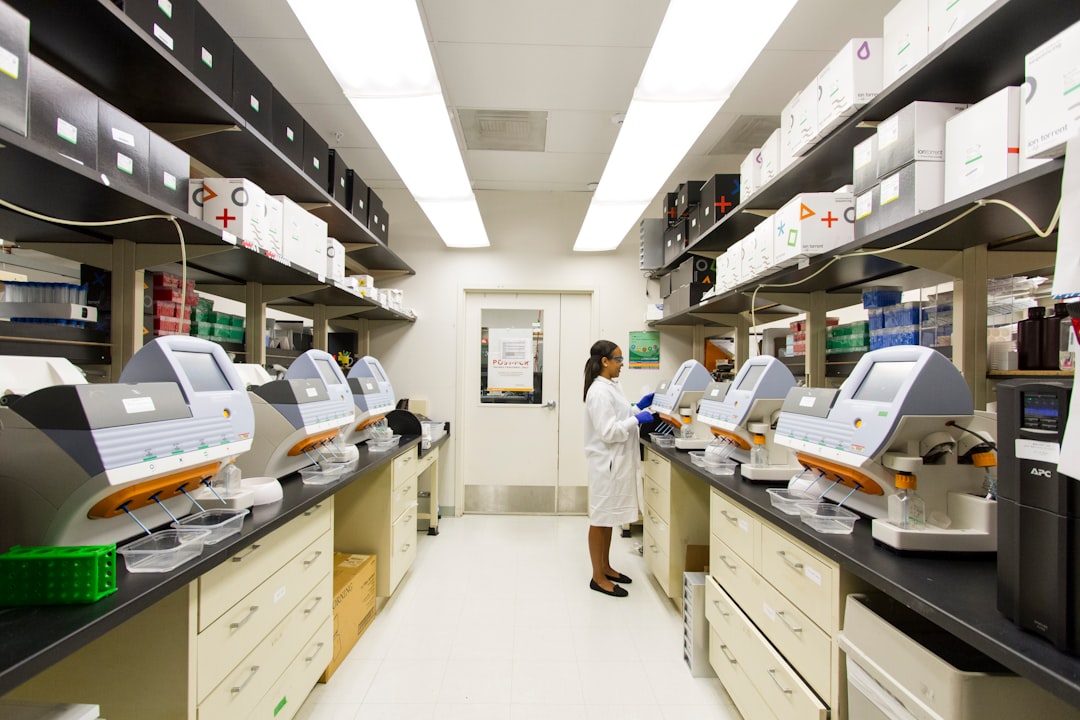In recent years, genetic testing has become an increasingly popular tool for athletes looking to optimize their performance and reduce the risk of potential health issues. By analyzing an individual’s DNA, genetic testing can provide valuable insights into a person’s genetic predisposition to various health conditions and identify potential areas for improvement.
One of the ways genetic testing can benefit athletes is through Genetic predisposition analysis. This type of analysis can provide valuable insights into an individual’s genetic makeup and identify any potential risks for certain health conditions or injuries. By understanding their genetic predisposition, athletes can take proactive steps to prevent these issues from arising in the future.
For example, genetic testing can identify genes associated with an increased risk of certain cardiovascular conditions, such as high blood pressure or heart disease. Armed with this information, athletes can work with their healthcare providers to develop personalized strategies to prevent these conditions from developing. This may include making changes to their diet and exercise routine, as well as monitoring their blood pressure and cholesterol levels more closely.
Genetic testing can also help athletes identify potential risks for injuries, such as ACL tears or stress fractures. By understanding their genetic predisposition to these types of injuries, athletes can work with their trainers and coaches to develop training programs that minimize the risk of injury. This may include focusing on strengthening certain muscles or adjusting their training volume and intensity.
In addition to helping athletes identify and prevent potential health risks, genetic testing can also provide valuable insights into an individual’s unique genetic potential for athletic performance. By analyzing an athlete’s DNA, genetic testing can identify genes associated with traits such as muscle strength, endurance, and recovery time. This information can be used to tailor training programs and nutrition plans to maximize an athlete’s performance potential.
Furthermore, genetic testing can also help athletes understand how their bodies respond to certain types of exercise and nutrition. By analyzing their genetic makeup, athletes can identify which types of exercise may be most beneficial for them, as well as which nutrients they may need more of to support their performance goals.
Overall, genetic testing can be a valuable tool for athletes looking to optimize their performance and prevent potential health risks. By providing insights into an individual’s genetic predisposition, genetic testing can help athletes develop personalized strategies to improve their overall health and performance. Whether it’s identifying potential risks for health conditions or optimizing training and nutrition plans, genetic testing can be a game-changer for athletes looking to take their performance to the next level.
——————-
Discover more on Genetic predisposition analysis contact us anytime:
Dr. Libero Oropallo, MD | Medical Genetics Expert
https://www.liberooropallo.com/
45b West Wilmot St, Richmond Hill, Ontario, Canada, L4B2P3
Dr. Libero Oropallo, MD, is a top medical geneticist specializing in research and patient care. Explore his expertise, services, and contributions.
Are you ready to elevate your game to the next level? Discover the ultimate destination for all things volleyball at liberooropallo.com. Get ready to sharpen your skills, enhance your knowledge, and unleash your full potential on the court. Stay tuned for an experience like no other.

